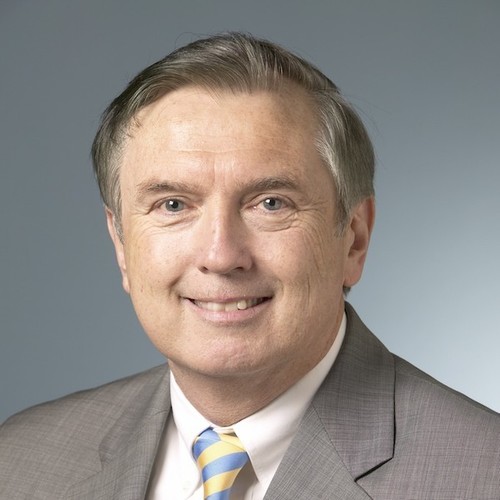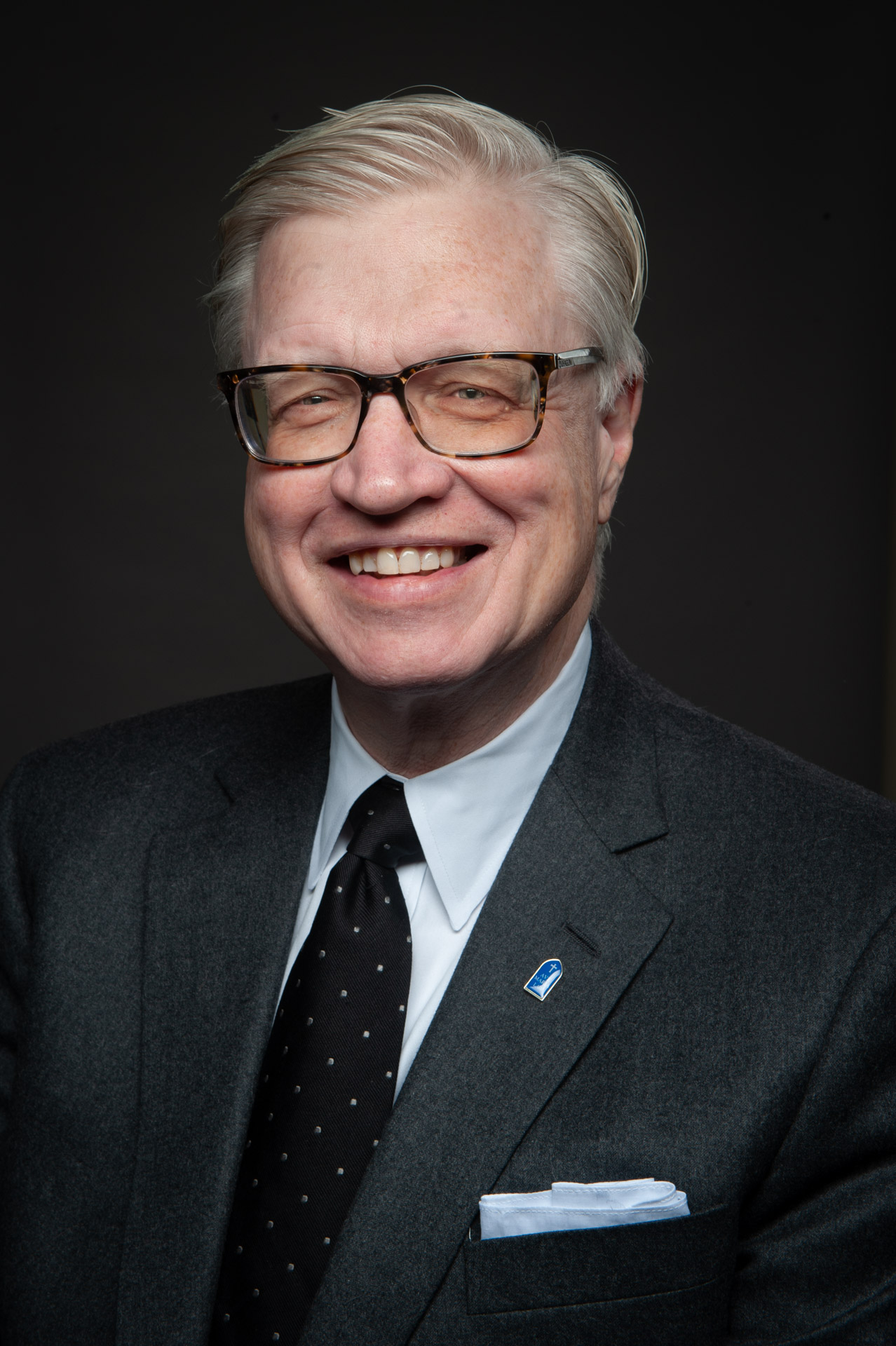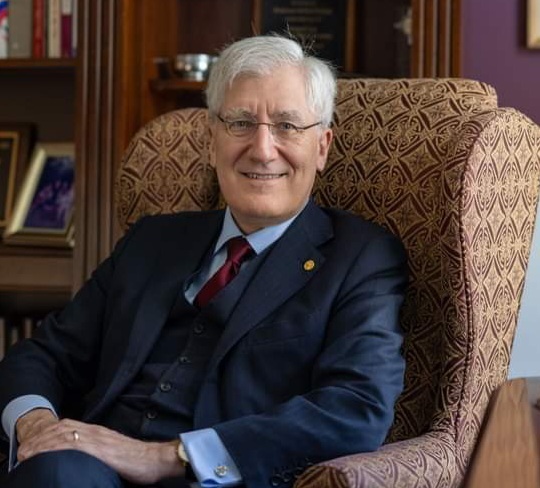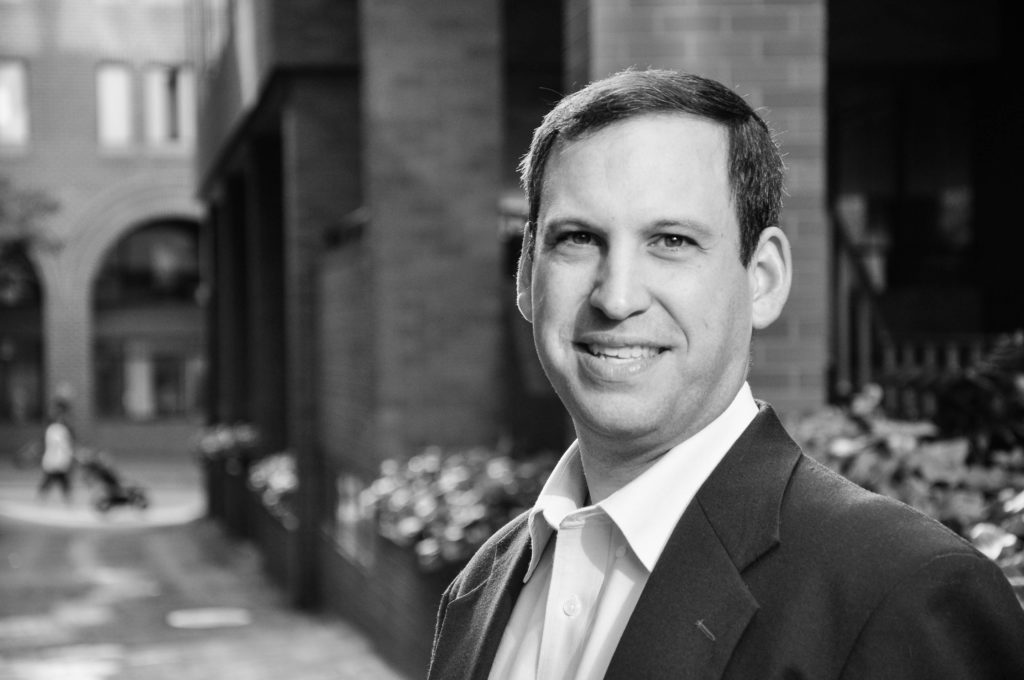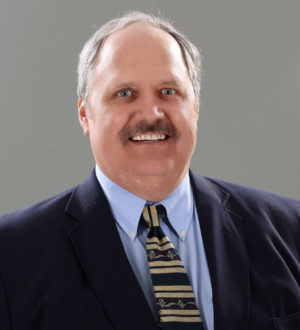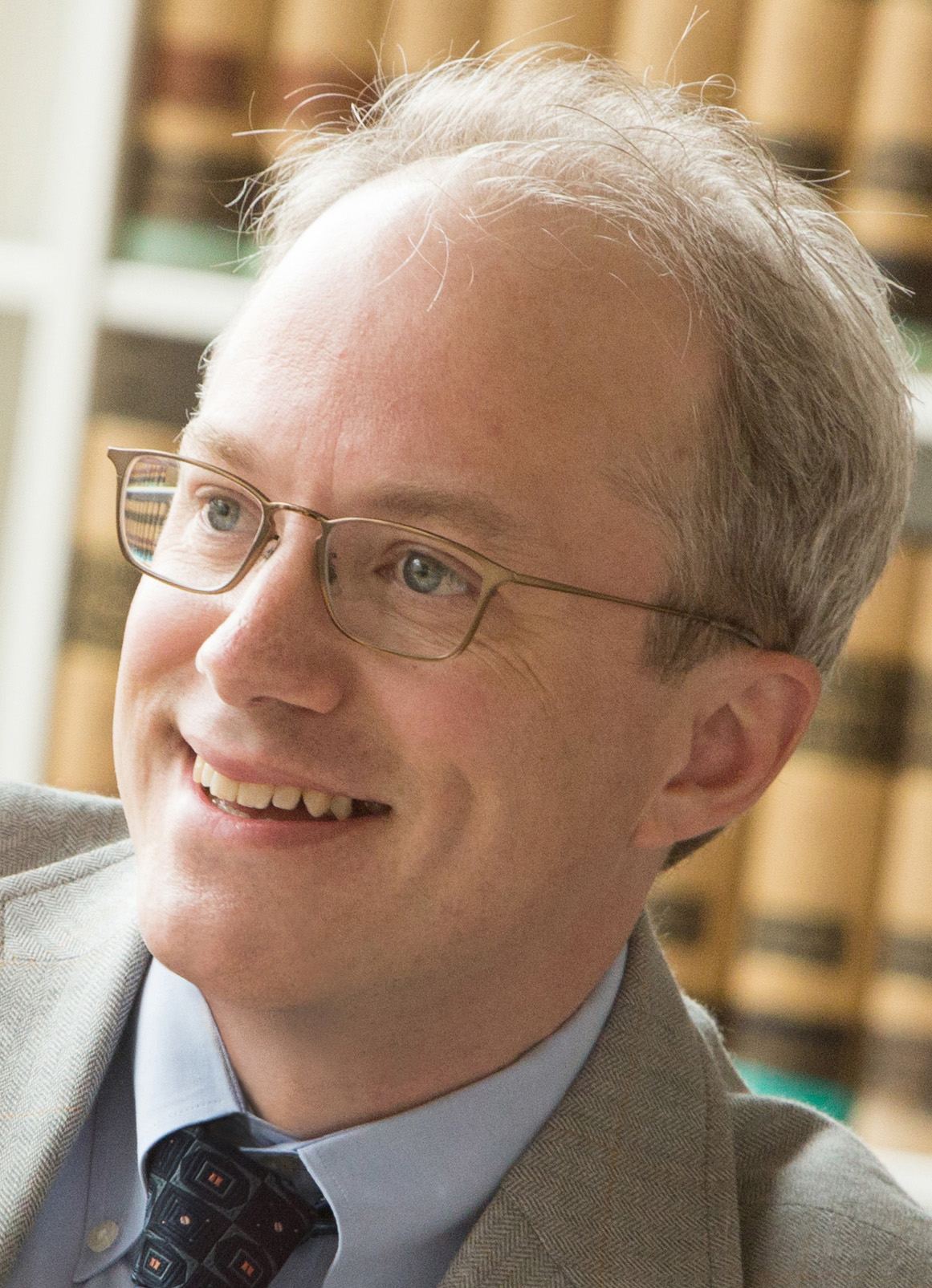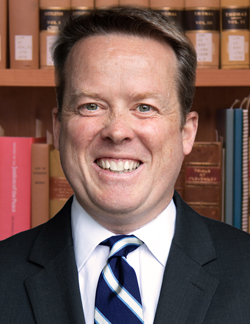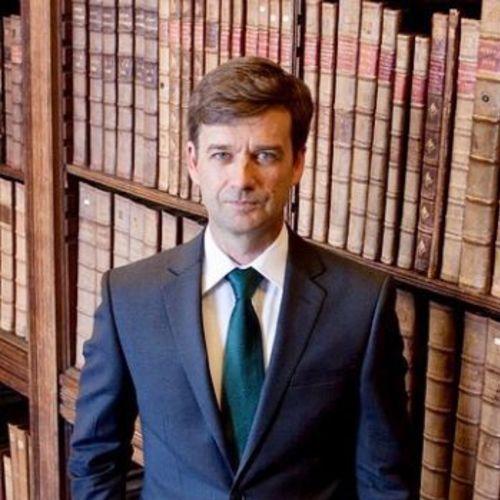It is a great privilege and honor for the Catholic Bar Association to announce publicly an initiative unique in the Association’s history. The CBA has discreetly pursued this initiative for more than a year. It began under the presidency Eric Gregory and was a major priority of Eric’s successor Peter Wickersham. An ad hoc committee of the CBA has pursued this matter with utmost diligence. The CBA Board of Directors has recognized for many years that the Association would benefit from the sustained guidance and counsel of faithfully Catholic, entirely preeminent, and deeply insightful professors of law and jurisprudence. This is of the greatest importance if we are to play our part in guiding our nation’s return to the highest American traditions of religious liberty, freedom of conscience, freedom of speech, civic morality, protection of the vulnerable, and fidelity to the natural law. The CBA’s intention was to create an advisory board comprised of the most gifted, courageous, and fruitful legal thinkers in the English-speaking world. We believe that we have succeeded beyond our most optimistic expectations. Accordingly, it is our great pleasure to announce the establishment of the Academic Advisory Council of the Catholic Bar Association. At the time you receive this message, John Czarnetzky, a charter member of the Academic Advisory Council, will have made the very first public announcement of the Council’s formation. In alphabetical order, its inaugural members listed below. This is, without exaggeration, the most brilliant, courageous, and fruitful assembly of Catholic legal scholars in the English-speaking world. As we join in the effort within the Church and our country to recover the natural law tradition and apply its insights to restoring our legal culture and safeguarding the civil rights of the next generation, the CBA is grateful for the ability to call upon the advice, counsel, and wisdom of these outstanding legal scholars. In the very near future, we will provide further news concerning specific initiatives involving the Academic Advisory Council. |
Catholic Bar Association Announces Academic Advisory Council


